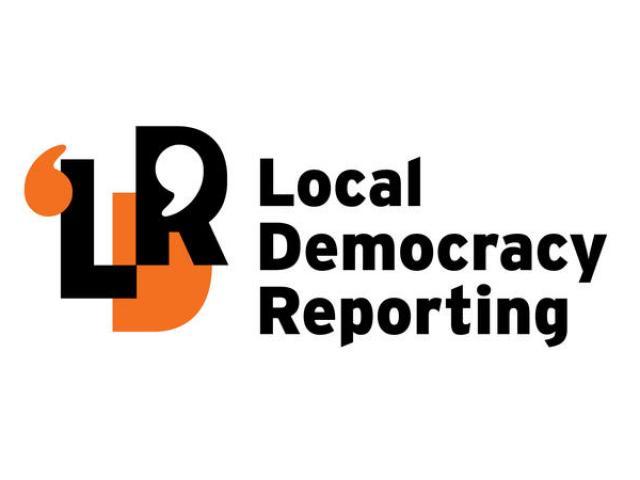
The Seddon family recently drove to Kaikōura seeking help for a little blue penguin / kororā, after being unhappy with DOC's response.
DOC staff instructed the family to ‘‘just leave the penguin there’’, Sabrina Luecht, the co-ordinator of Kaikōura-based Project Wellbird, said.
The family’s experience is becoming all too common, she said.
‘‘The hotline system is failing at-risk wildlife, and the public.
‘‘It creates doubt in the public’s mind whether reporting is the correct course of action and results in decreased reporting of unwell wildlife due to inaction.
‘‘This is an ongoing issue for threatened species which require emergency care due to negative human impacts.’’

But Ms Luecht said the penguin was nearing fledging, with the parents likely to have stopped feeding it.
Poor body condition is a common problem due to a lack of food caused by climate change and overfishing, she said.
The chick was underweight, which left it vulnerable to being attacked by a dog.
It weighed just 480 grams, compared to the expected fledging weight of 800g and the adult weight of 1-1.5kg.
Ms Luecht said the penguin had a puncture wound above the right eye and later died from organ failure.
‘‘The kororā received the best possible chance thanks to a fast-acting family,’’ she said.
DOC director biodiversity system and aquatic Kirstie Knowles said the DOC hotline is for the public to report safety concerns on conservation land and wildlife in distress.
‘‘People concerned about native wildlife should call the hotline as this allows local staff to assess the situation and decide how best to respond.
‘‘Commonly a ranger will attend the incident, but the circumstances may be such that nature should be allowed to take its course.’’
She said DOC works in with local vets, bird rescue centres and wildlife hospitals.
DOC has reviewed the call log and believes staff acted appropriately by connecting the caller with a duty ranger for specialist advice, Ms Knowles said.
‘‘Our biodiversity rangers then considered the circumstances and determined the best action was to leave the bird where it was.’’
Ms Knowles encouraged members of the public to continue reporting concerns for native wildlife.
But she stressed ‘‘not every call will result in intervention with an otherwise natural event’’.
The Kaikōura Wildlife Centre Trust, also known as Project Wellbird, was established three years ago to treat sick and injured seabirds.
A small treatment centre was recently established, while the trust has a long-term vision of establishing a wildlife hospital.
The centre receives funding from a range of sources, including the Kaikōura District Council’s discretionary fund.
The trust has been working with the council on initiatives to support wildlife, including little penguins, as part of the Wakatu Quay development and around South Bay.
By David Hill, Local Democracy Reporter
■ LDR is local body journalism co-funded by RNZ and NZ On Air.













